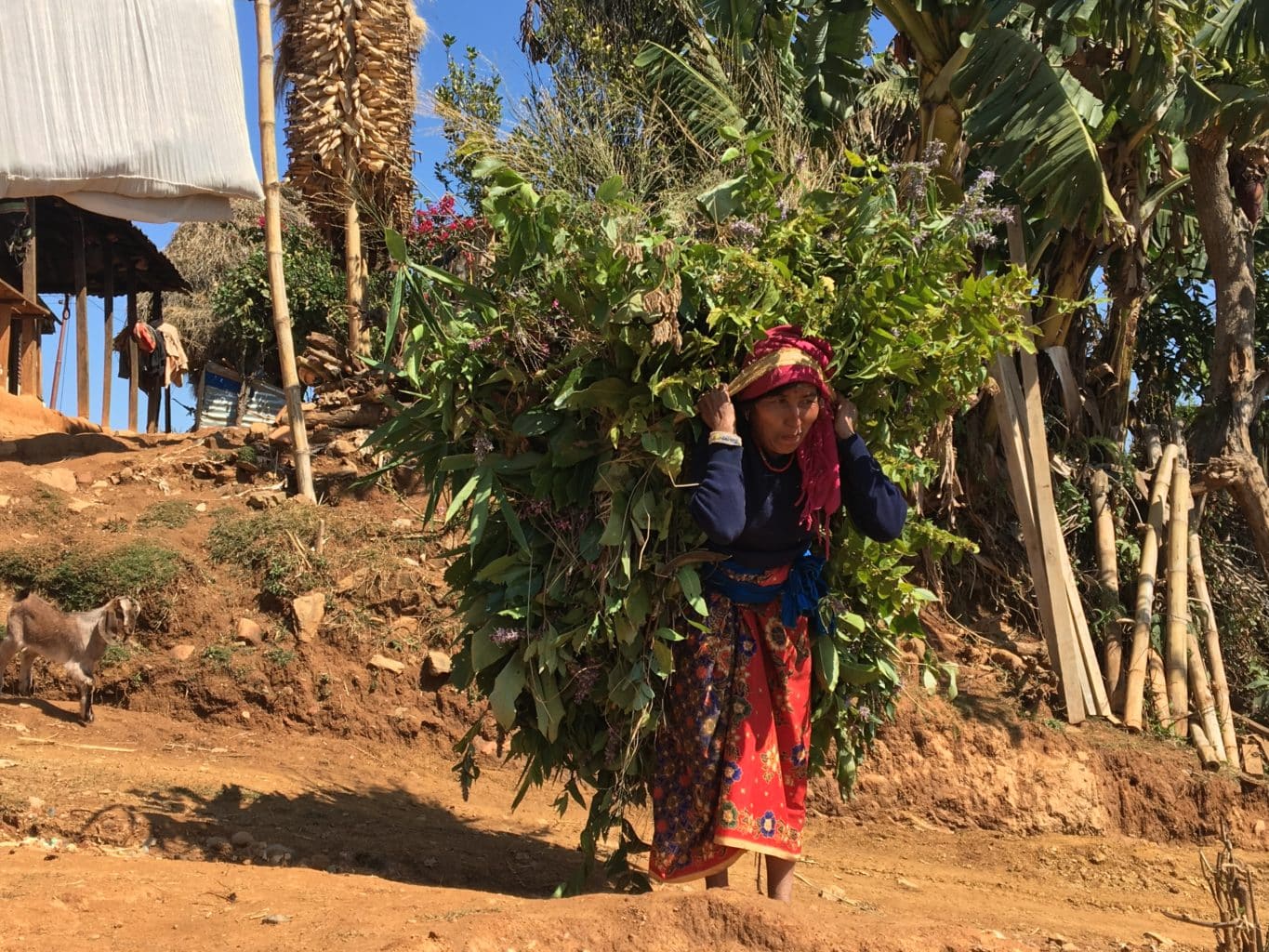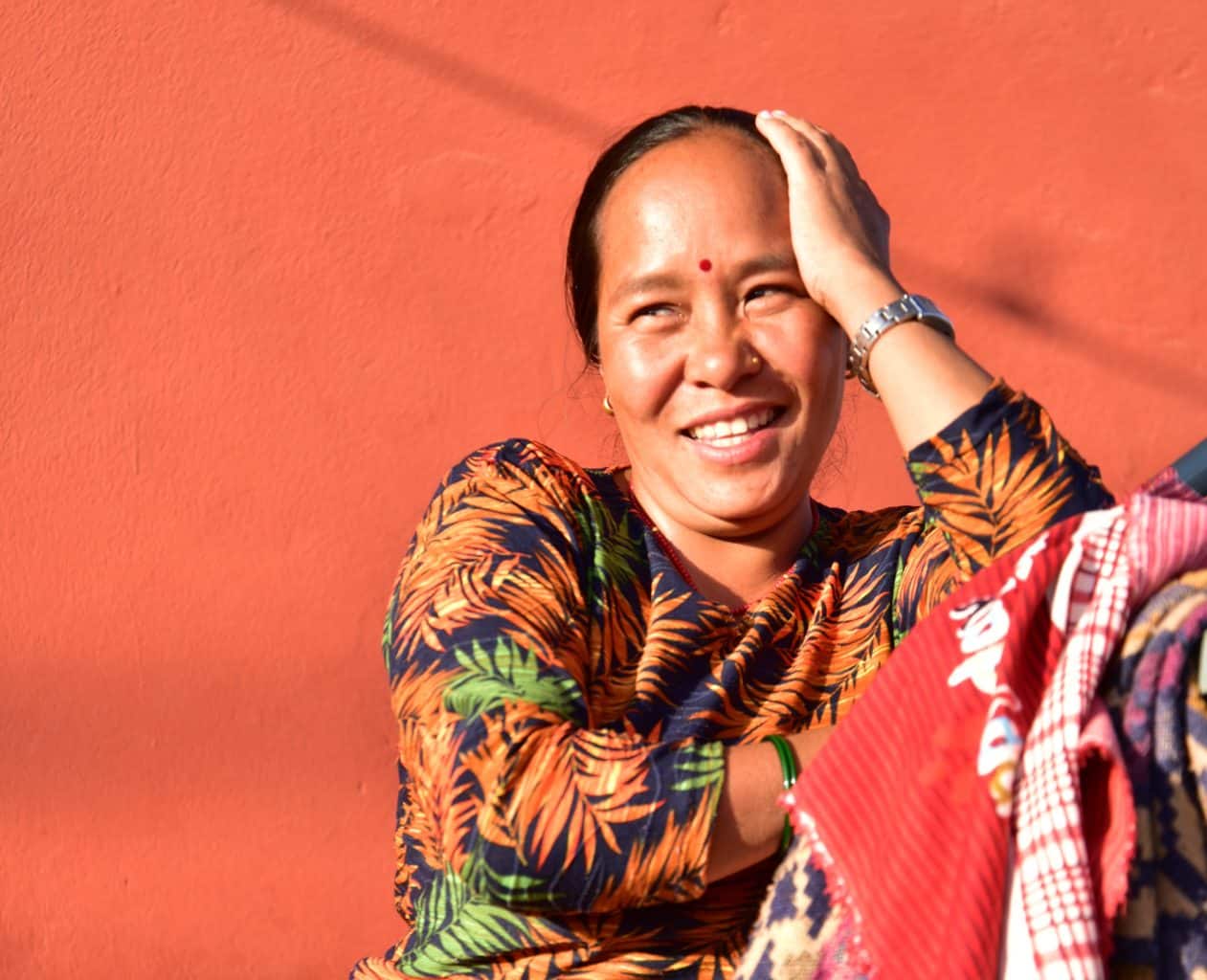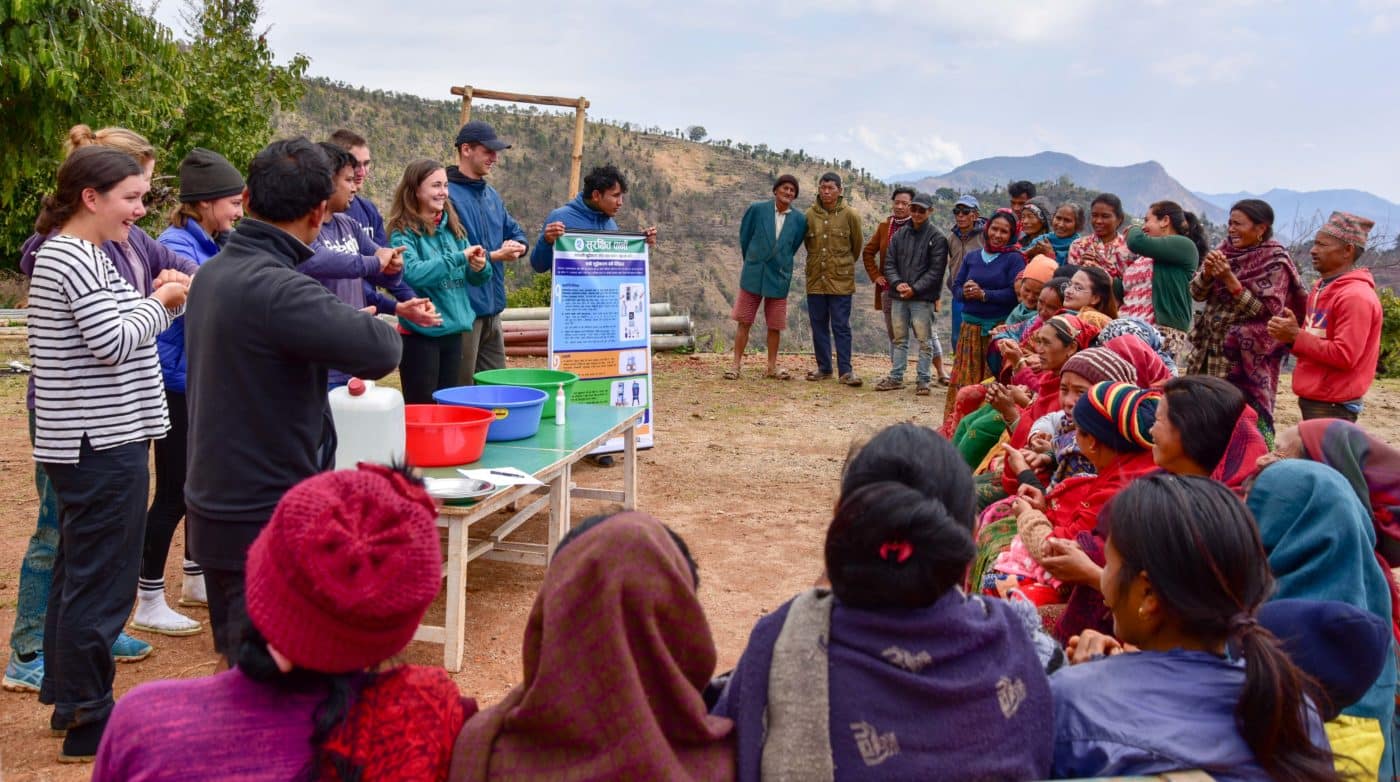International Women's Day 2019: Better the balance, better the world
Life in rural Nepal is a delicate balancing act; the community is interconnected, relationships are important to survival, children and the elderly live and grow side by side, providing mutual support and security.
One of the first things that strikes you when arriving in a rural Nepal is the wide, uninhibited smiles of the women, who move about freely, joking and speaking with men in an open and unselfconscious way. Women generally exhibit great self-confidence, strength of character and dignity and hold a well-respected position in their communities.
Women and girls play an important role in generating family income, by providing labour for planting, weeding and harvesting crops. Usually they are responsible for taking care of animals, maintaining the household, cooking and taking care of children.

However, these gender roles have led to a disparity between women and men. Women often receive approximately half the schooling that men do and are generally not considered or given the opportunity to complete higher studies. Women have less access to and control over resources, benefits, and opportunities, including land, assets, credit, training and household income.
The communities recognise the need to involve both men and women in order to achieve lasting change and a better gender balance; most communities have established Water User Committees, which must have 33 percent representation of women, and Women’s Committees.
Mina, a 35-year-old mother living in Kot Gaun and head of the Women’s Committee, explains the importance of such groups. “The Women’s Committee in Kot Gaun meet every month to discuss projects to benefit the community and encourage communication between community members. We started the Women’s Committee to make sure everyone is involved with decisions about development work. We raise funds for people in need and for community projects; at the moment we’re working on getting water from an additional water source to help with water supply”.

Although the role of women in rural Nepal is well respected, they face social barriers and inequalities that prevent them from realising their full economic potential, which is adversely affecting the economic growth of the country and development.
Mina explains: “We spend the whole year working in agriculture, tending to our crops, we rely on this to survive. Life is difficult here, we have to queue for hours for water each morning as we only have water between 6am and 10am”.
Gender balance is essential for economies and communities to thrive. Girls in rural Nepal are not the first priority to send the school as they are often needed to help at home. Raleigh’s WASH (Water, Sanitation and Hygiene) work is helping to lighten the workload for women in rural communities by providing water supplies to households, meaning hours of walking to water sources can be put to better use, such as education or training.

Raleigh’s work is relatively new in Kot Gaun, however Mina hopes the work Raleigh is doing will help create a better balance for women in her community. “It is important that women are included in the decision-making process for our community, we need all community members to be involved for development work to be successful. The work Raleigh is doing will help us save time queuing for water, so we can spend more time educating our children and on development work“.
International Women’s Day (March 8) is a global day celebrating the social, economic, cultural and political achievements of women. The day also marks a call to action for accelerating gender parity. To find out more follow this link.
Post by Claire Harrison, photos by Siddartha Shrestha



